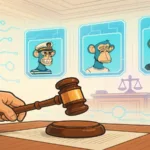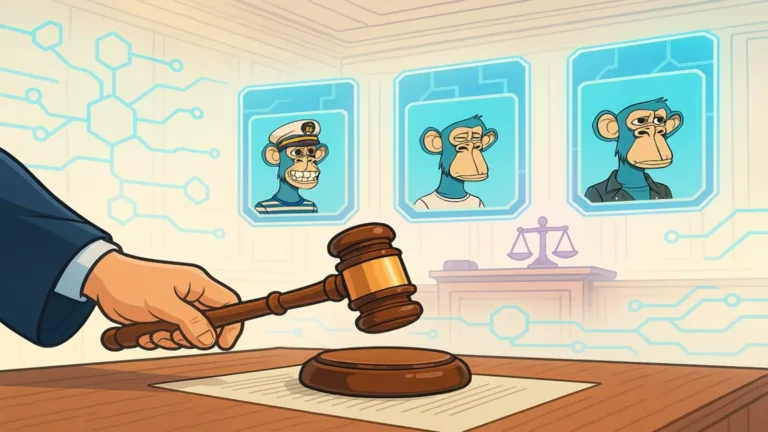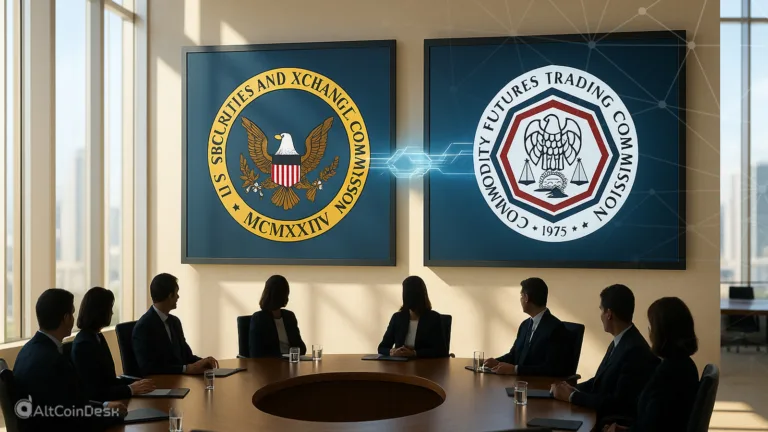Among the crowded non-fungible token (NFT) sector, one of the leading projects is Yuga Labs, the company behind Bored Ape Yacht Club (BAYC). Now, there is significant news surrounding the platform. Fernando M. Olguin, the U.S. federal judge of California, has dismissed a lawsuit against Yuga Labs, rejecting plaintiffs’ claims that its NFTs were securities.
A California judge ruled Bored Ape NFTs are not securities, tossing the class-action suit against Yuga Labs
— Tommy B. 🇺🇸 (@realtommybibi) October 4, 2025
Unlike Top Shot & DraftKings, #BAYC was sold on 3rd-party marketplaces, and royalties weakened the “common enterprise” link
Major precedent for NFT securities law $eth pic.twitter.com/PdaPhMJIQ9
For newbies, securities are legally regulated financial assets that people invest in expecting profits.
Court applies Howey test for Yuga Labs
The judge ruled that Yuga Labs, including all its digital assets, does not fall under the Howey test, a legal standard in the US for deciding whether an asset is a security. To qualify as a security, an asset should meet this condition: people should invest money in a common enterprise with the expectation of profits generated by the efforts of others. However, the court found that Yuga NFTs do not meet the criteria.
Judge Olguin also emphasized: “Statements about NFT prices and trade volumes are a somewhat closer call, but even then, these statements by themselves fail to establish an expectation of profit.”
Yuga Labs includes BAYC NFTs, Mutant Ape Yacht Club (MAYC), ApeCoin (APE), and other digital assets.
In 2022, plaintiffs filed a case stating that the NFT platform sells a ‘suite of digital assets, including ApeCoin tokens, virtual land in its metaverse, and various collections of non-fungible tokens’.
The plaintiffs alleged that Yuga Labs sold ‘unregistered securities’ and experienced financial losses. Following this lawsuit, the price of Yuga’s NFTs had fallen steeply. At the moment, the floor price of BAYC NFTs is 8.2 ETH. The last 24-hour volume showed that the BAYC NFT collection added up to 153.18 ETH in total transaction value, according to the OpenSea NFT marketplace.
Why does this matter?
If NFTs are ruled as securities, creators and marketplaces would have to experience heavy SEC regulation, compliance, and licensing costs. As is typical, the dismissal of the lawsuit brings legal clarity, boosts investor confidence, and sets a legal precedent in digital assets and securities law.














